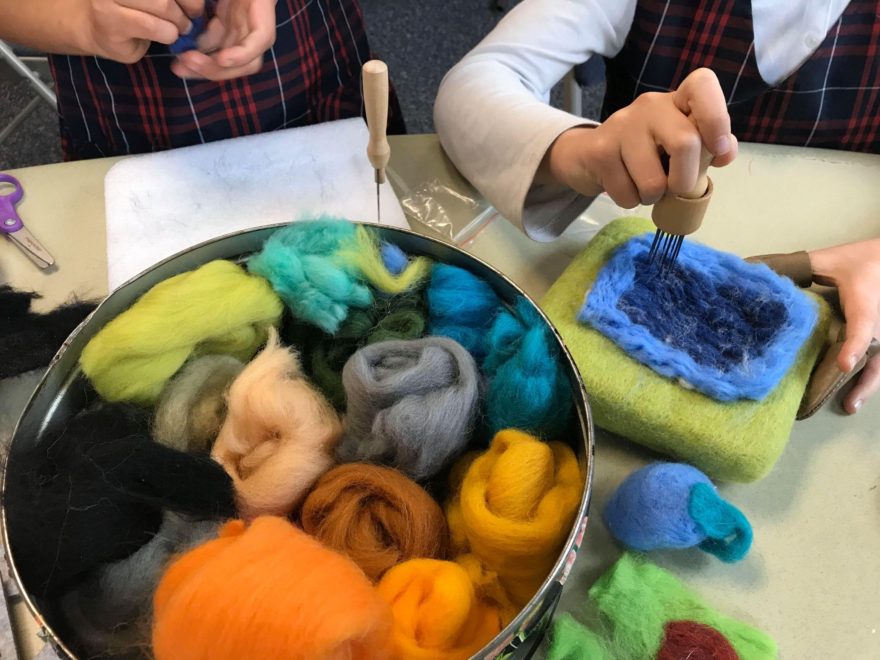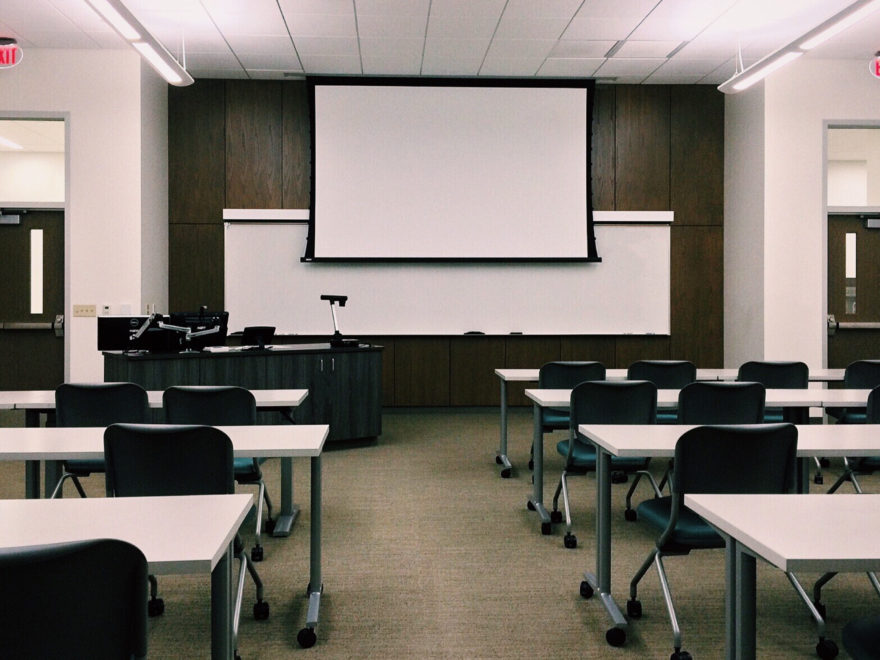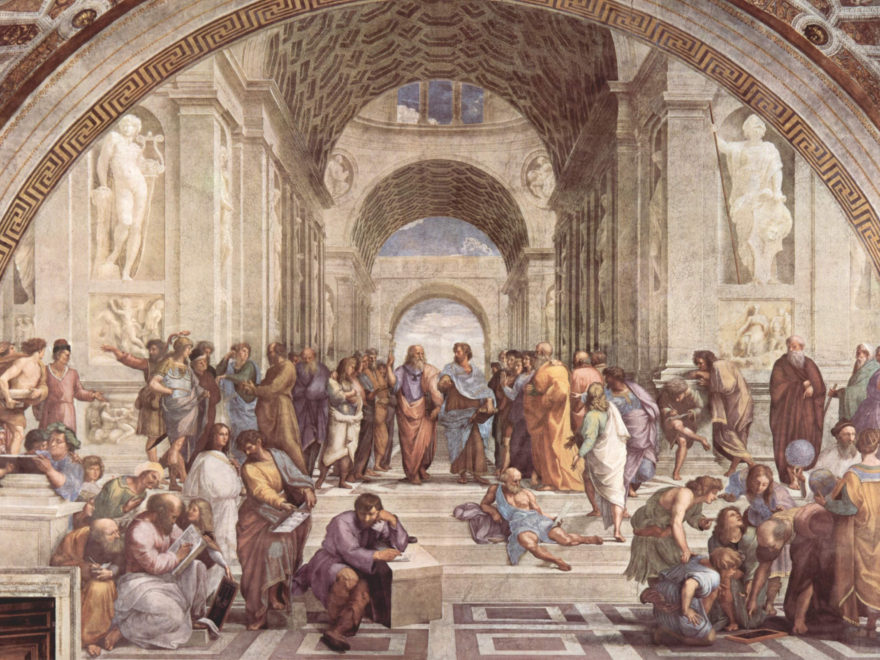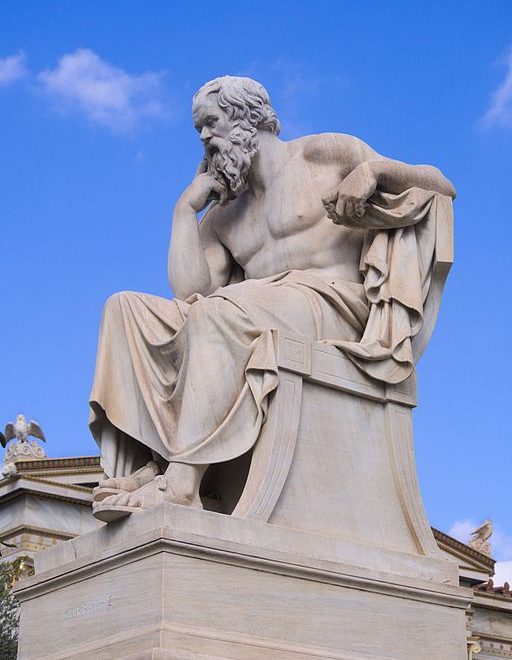Author: Jason Barney
-

Handwork: Fostering Excellence Through the Habit of Creating
Guest post by Joleen Steel, Classical Christian Educator and Director of Camping Stick Kids We are what we repeatedly do; excellence, then, is not an act but a habit. Aristotle What do you find yourself repeatedly doing? In this digital world, it is easy to immerse ourselves in the repetition of scrolling through social media…
-

Bloom’s Taxonomy and the Importance of Objectives: 3 Blessings of Bloom’s
“Would you tell me, please, which way I ought to go from here?”“That depends a good deal on where you want to get to,” said the Cat.“I don’t much care where–” said Alice.“Then it doesn’t matter which way you go,” said the Cat.“–so long as I get SOMEWHERE,” Alice added as an explanation.“Oh, you’re sure…
-

Bloom’s Taxonomy and the Purpose of Education
One of the major themes in the classical education renewal movement has been to challenge the utilitarianism of modern education. The purpose of education, the argument has gone, is so much broader and more far-reaching than modern educators are making it out to be. It is not merely job training or college preparation, but the…
-

20 Quotable Quotes from the First Half of 2020 Educational Renaissance
At the end of 2019 we shared a series of memorable maxims from that year’s blog articles. As we transition toward the next half of 2020, we thought we’d do something similar and share 20 Quotable Quotes from Educational Renaissance articles January through June. These are longer block quotes that will whet your appetite for…
-

The Problem of Technicism in Conventional Education
Technicism is not simply an over-fascination with technology as a means of stimulating learning out of students, though that problem plagues conventional education as well. Instead, I use the term ‘technicism’ to refer to a broader ideological approach to education that has become captivated by quantitative measurements and the economic evaluation of success. In technicism…
-

The Flow of Thought, Part 9: The Lifelong Love of Learning
The ‘love of learning’ is one of those phrases that is so overused in education that it feels like it has been beaten to death with a stick. Every educator and every educational model claims to promote the ‘lifelong love of learning’ for their students. I challenge you to find an engaged teacher who doesn’t…
-

The Flow of Thought, Part 7: Rediscovering Science as the Love of Wisdom
In this series we’ve been finding arguments for a classical education from the unlikely realm of positive psychology, particularly Mihalyi Csikszentmihalyi’s classic Flow: The Psychology of Optimal Experience. After connecting the concept of flow with Aristotle’s link between virtue or excellence and eudaimonia (happiness or flourishing), we’ve been racing through aspects of the liberal arts…



